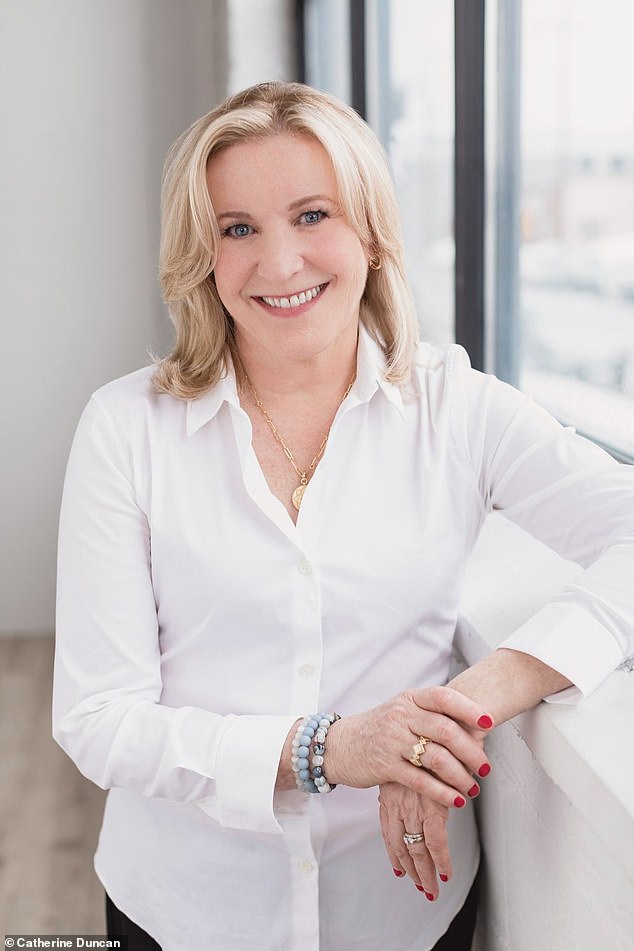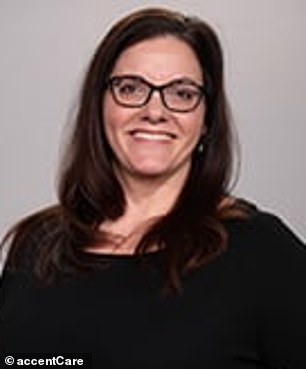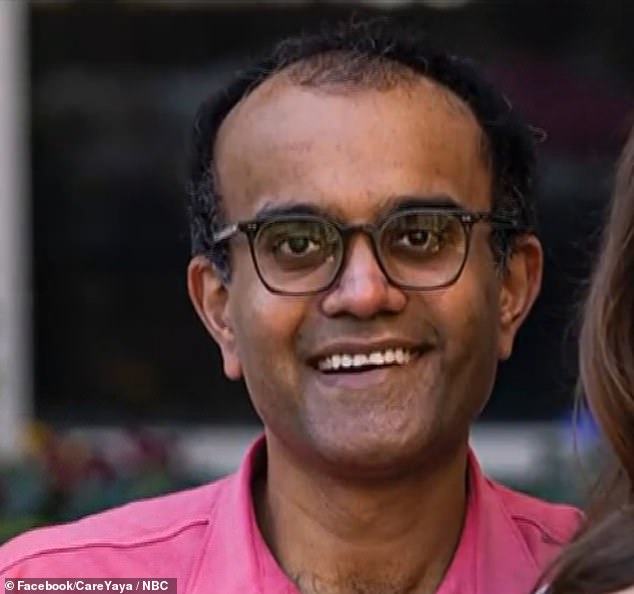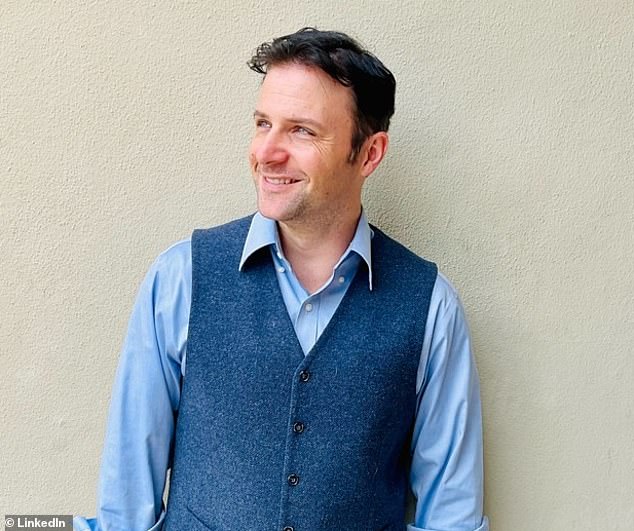End-of-life carers reveal dying words they hear most – and patients’ most common regrets
When a person is admitted to a hospice, he or she realizes that death is near.
Chaplains have the heavy responsibility of providing spiritual guidance to dying patients until their final moments, by listening to their concerns and fears.
While everyone’s final moments are different, chaplains and hospice nurses say most people face their death with “radical acceptance.”
People who are actively dying often experience a new sense of clarity about the world and may even experience a temporary boost of energy or sudden moments of clarity if they have dementia.
The last words patients often say are usually telling their family members that they love them, that they wish they had spent less time at work, and that they assure their family that they will be okay.
Chaplains told DailyMail.com that dying people want to be surrounded by loved ones and pets. Their last words are often words of love and pleas for forgiveness, as well as expressions of regret, such as working too much.

Reverend Catherine Duncan has led thousands of patients and their families to death
It’s a tough job and no one knows that better than the Reverend Catherine Duncan, who has led thousands of patients and their families to death.
She told DailyMail.com: ‘In a hospice, if it’s planned and you’re with someone in the last hours of their life, that’s called active dying.
“I would say most people experience peace and acceptance. They work through the layers that are necessary to accept dying.”
‘People often mention what they need to forgive, what they need to let go of, and whether they regret anything.
‘And a big lesson we can learn from that is that they realize that they were focused on the outside world for a large part of their lives.
“They’ve spent their whole lives focused on money or a nice house or a car, all the appearances, only to realize that’s not what it’s about. It’s about the love in your heart.”
Even before she became a hospice minister, Reverend Duncan witnessed her mother-in-law’s peaceful death. She described a room filled with light and a zen atmosphere.
She said, ‘She literally said to me, I’m ready and I’m not afraid. And there was just this light in and around her. It was just beautiful.’
Based on input from several hospice chaplains, her mother-in-law’s perspective is not unique. Most people who die in hospice share that sense of peaceful acceptance.

Annemarie Switchulis, a hospice nurse, said people often fear that their final moments will feel suffocating
It is often the job of a spiritual counselor or hospice nurse to allay the fears of a dying patient.
Annemarie Switchulis, a nurse who has held the hands of hundreds of dying patients, says patients usually first fear that their final moments will feel suffocating.
She usually assures them that no, death does not feel like suffocation. Near-death experiencers compare the peaceful transition from life to the last breath to unplugging a computer.
They often want to be surrounded by their loved ones and even pets to make the environment as pleasant as possible.
She said, ‘It’s always something you hear when they have a lot of kids, “Please take care of each other. Please don’t worry about me. I’m going to be OK. Tell me you’re going to be OK.”
And those are the last words most people want to hear.
‘I usually coach family members to say, ‘Tell them you’re doing well. Tell them the most important things you’ve given them.’
She added: ‘We usually have a lot of conversations about how they want to be remembered – what does their legacy mean to them?
‘Because most of them don’t want to be remembered as sick, or how they were that day.
“A lot of people seem to want to talk about religion and forgiveness, about the things they regret and what they would like to do to make sure they tell everyone they are sorry and that they are loved.”
The last few days have typically been marked by increased spirituality and a desire to be closer to a higher power. Neal Shah, CEO of CareYaya, a health technology company specializing in senior care, said people are also showing a “longing for connection” with loved ones and faith.

According to Neal Shah, CEO of CareYaya, a health technology company specializing in senior care, people are also showing a “longing for connection” with loved ones and faith.
He added: ‘Some express regret, while others find peace or closure. These responses are deeply personal and shaped by individual experiences.’
Many are rediscovering religious traditions that they may have abandoned as adults. For example, a fallen Catholic will likely ask his chaplain to pray with him.
The spiritual counselor, who is a cross between a minister and a therapist, discusses the belief system the patient has chosen in advance and plays on this to help the patient feel as good as possible about his or her approaching death.
Zackary Price, a chaplain from Georgia, compared his job to that of the Greek underworld ferryman Charon, who carried the deceased across the River Styx. But in his mind, life doesn’t end with death.
He said, ‘It’s actually very, very satisfying, because for me death is not the opposite of life.
“The opposite of death is birth. It’s like the first law of thermonuclear dynamics in physics: energy can’t be created or destroyed. It just changes form.”
Like Pastor Duncan, who wrote about her near-death experience in her forthcoming book Everyday Awakening, Pastor Price also had a near-death experience.
His accident happened when he was 12. His mother was taking him and his sister to school. His mother, who was drunk at the time, suffered minor cuts and bruises, as did his sister.
However, Price suffered a ruptured liver and colon, a broken vertebra, two collapsed lungs and fell into a coma. His heart went into cardiac arrest shortly after arriving at the hospital and he died.

Zackary Price, a Georgia clergyman, compared his work to that of the Greek underworld ferryman Charon, who carried the dead across the River Styx
His introduction to the mysteries of the universe transformed him and set him on the path to studying theology and pursuing a ministry.
He said he felt “intimately connected and part of every event that was happening around me. In essence, I was everything that was happening.”
His study of both Western and Eastern religious traditions has influenced the way he thinks about death and what he tries to teach his patients. And just holding someone’s hand in their final hours can be enough.
Rev Price said, ‘There’s something called the ministry of presence, it’s very common in terminal care. And that is being a solid, steady, grounded presence as they go through this transition, and letting them know, without saying a word, that it’s okay.’
